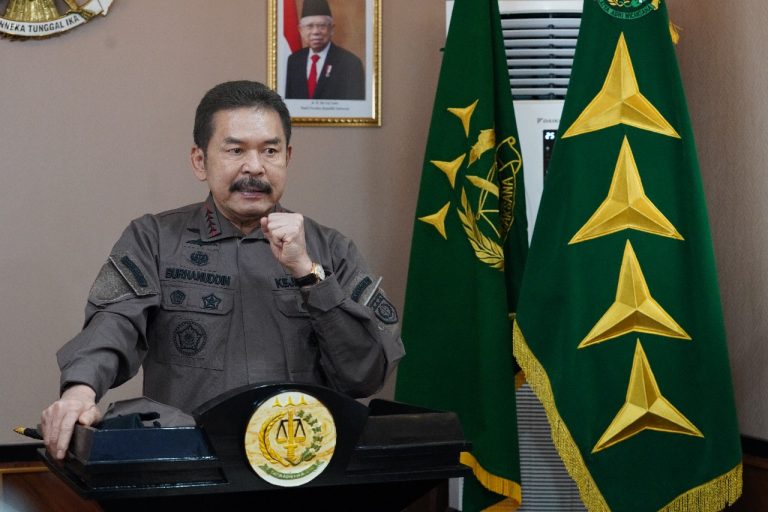Diplomatic Challenges Delay Execution of 300 Death Row Inmates in Indonesia
JAKARTA, RAKYAT NEWS – Indonesia faces challenges in executing death penalty for 300 convicts. Indonesia currently has 300 individuals on death row, the majority of whom are foreign nationals, mostly involved in narcotics cases. These death sentences involve convicts from Europe, America, and Nigeria. However, the implementation of these sentences has been hindered by several diplomatic concerns, according to Attorney General Sanitiar Burhanuddin.
The government has faced ongoing challenges when it comes to carrying out executions, with one of the primary obstacles being diplomatic relations. The Indonesian government has stated that its international relations, particularly with the countries of the foreign convicts, play a significant role in the decision-making process surrounding executions.
Burhanuddin explained that in the past, Indonesia has been in discussions about such matters with other nations, especially during the tenure of former Foreign Minister Retno Marsudi. These discussions often involved concerns about international relations, with countries requesting Indonesia to postpone or reconsider the execution of their nationals.
The challenge also involves considering the fate of Indonesian citizens who have been sentenced to death in other countries. This reciprocal consideration further complicates the execution process. “It’s frustrating when we seek the death penalty, but it remains unimplemented,” Burhanuddin expressed, referring to the complex issues surrounding these decisions.
A recent case highlighted the complexities of this issue. The Indonesian government recently facilitated the repatriation of French national Serge Areski Atlaoui, a convicted drug trafficker sentenced to death. This decision was made under a bilateral agreement between Indonesia and France, which allowed for the transfer of Atlaoui due to his health condition.
The repatriation of Atlaoui was not a simple matter. France had to recognize the Indonesian court’s decision, acknowledging that he was indeed sentenced to death under Indonesian law. However, once transferred back to France, the responsibility for his rehabilitation and custody would be handed over to the French authorities, who may decide to grant him clemency.
While the death penalty remains a legal and controversial issue in Indonesia, the country has taken steps to address it in a manner that considers both domestic laws and international relations. The recent developments demonstrate Indonesia’s cautious approach to balancing justice with diplomacy.
As Indonesia grapples with these challenges, the case of Serge Areski Atlaoui underscores the delicate nature of death penalty cases, which often involve international cooperation and complex negotiations between countries. This incident highlights how diplomatic ties and the protection of nationals play a significant role in the enforcement of death sentences. (Uki Ruknuddin)



























Tinggalkan Balasan